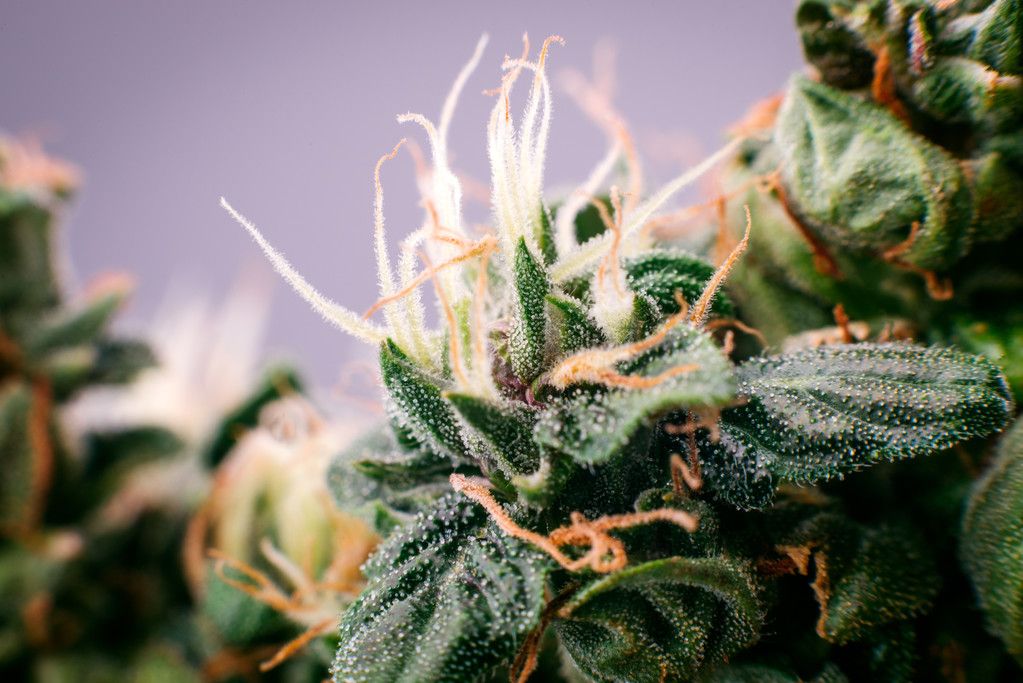Marijuana legalization efforts continue to advance in numerous states. Here’s a look at which efforts are on track for success by next summer.

With 24 states having legalized recreational marijuana, it won’t be long before the majority of states in the nation have done so. This November alone, voters in multiple states will consider initiatives to legalize marijuana. In other states, lawmakers are poised to act on legalization legislation when their session reconvenes next year.
That said, here are the seven states on track to legalize marijuana by the summer.
Florida
Amendment 3, appearing on Florida’s November ballot, aims to amend the state constitution to legalize recreational marijuana for adults 21 and over. Polls indicate strong support for the measure, with a Fox News poll showing 66% approval and a University of North Florida poll released today having support among voters at 64%, with just 31% opposed.
The proposed law would legalize the possession of up to three ounces of dried marijuana and five grams of marijuana concentrates, available for purchase at licensed retail outlets.
The group behind Amendment 3 has raised over $66 million, more than any statewide marijuana initiative in US history.
South Dakota
This marks the third attempt over the past four years by the group South Dakotans for Better Marijuana Laws to secure legalization in the state. Measure 29 would allow individuals 21+ to possess up to one ounce of marijuana and cultivate up to three plants for personal use. The measure also proposes a regulatory framework for commercial sales, including licensing and taxation provisions aimed at generating revenue for the state.
In 2020, South Dakotans for Better Marijuana Laws successfully passed Amendment A, which similarly sought to legalize recreational marijuana. However, the amendment was later overturned by the state’s Supreme Court. In 2022, the group fixed the issues presented by the court, and placed a new initiative on the ballot. Due at least in part to lower voter turnout during a non-presidential election year, he measure narrowly failed.
The group is now optimistic that with 2024 being a presidential election year and growing national support for legalization, Measure 29 can succeed and withstand court challenges.
North Dakota
In North Dakota, supporters of marijuana legalization have successfully gathered enough signatures to place an initiative on the November ballot. The proposal would allow adults 21 and older to possess up to one ounce of marijuana, four grams of concentrates, and 1,500 milligrams of cannabinoid products. The initiative also includes provisions for a regulated retail market.
New Hampshire
New Hampshire’s Senate passed legislation to legalize recreational marijuana, but the House narrowly rejected it with a vote of 178 to 173. Advocates are planning to revisit the issue in 2025, as only three additional votes in the House could send the bill to Governor Sununu, who has expressed willingness to sign it into law.
Polling last month indicated that 65% of New Hampshire voters are in favor of legalization.
Hawaii
Senate Bill 3335, which sought to legalize marijuana in Hawaii, passed the Senate and three House committees before being narrowly defeated in the full House by a vote of 25 to 23. The measure would have established the Hawaii Cannabis Authority and Cannabis Control Board to regulate the industry, with a 14% tax on recreational marijuana and a 4% tax on medical marijuana.
Polling last year found 52% support among adults in Hawaii for legalization, with 31% opposed. Proponents plan to push for the measure again in 2025.
Pennsylvania
In April, State Representative Amen Brown (D) introduced House Bill 2210, supported by a bipartisan group of co-sponsors. The proposed legislation would allow adults 21 and older to possess up to 30 grams of marijuana, available for purchase at licensed outlets. The bill also permits medical marijuana patients to grow up to five plants but does not extend this to recreational users. Although the bill did not advance before the June 30th budget deadline, proponents are planning to reintroduce it in 2025, with support from the state’s governor.
Arkansas
An initiative set for the November ballot in Arkansas aims to expand the state’s medical marijuana program and potentially legalize recreational marijuana if the federal government removes marijuana from the controlled substances list. The measure allows medical marijuana patients to grow their own plants and removes the list of qualifying conditions, giving physicians the discretion to recommend marijuana as needed. If the federal government deschedules marijuana, recreational use would be legalized with a possession limit of one ounce. Currently, federal legislation to deschedule marijuana has garnered 94 sponsors in the House and 18 in the Senate.






